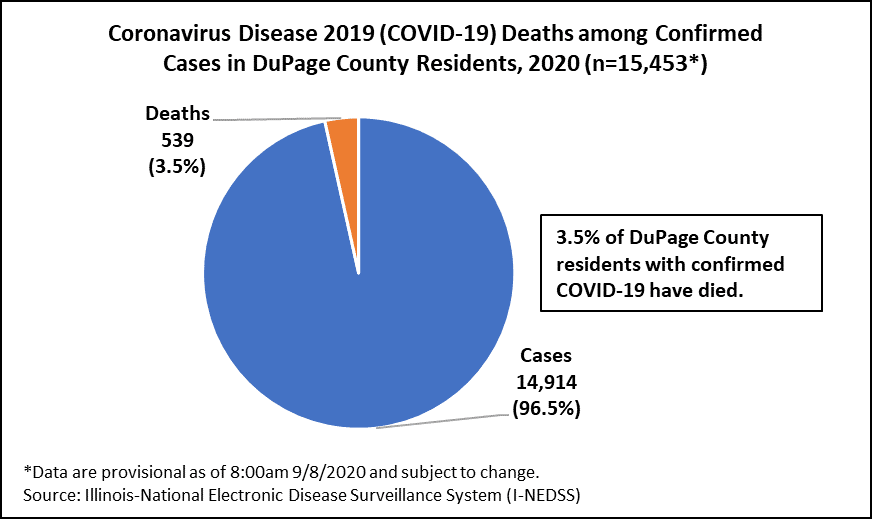How COD is helping students respond to call for contact tracers
September 14, 2020
DuPage County with 15,997 (updated Sept. 13) confirmed COVID-19 cases raises demand for contact tracers (dupgehealth.org). COD now offers a 4-week online Contact Tracer Training Program.
A contact tracer works from the comfort of his or her own home and interviews people and patients. Contact tracing is investigative work; tracers try to determine who could have come in contact with someone who has a communicable disease. Contact tracers provide information, resources, guidance and counseling.
“Aligned with the CDC training guidelines, this introductory course will focus on building the knowledge about the science of COVID-19, infectious period, the clinical presentation, and the evidence for how it is transmitted from person-to-person and why contact tracing is an effective public health intervention,” said COD Surgical Technology Professor Kathy Cabai. “Students will learn how to build rapport with cases, identify their contacts, and support both cases and their contacts to stop transmission in their communities. The course will also cover several ethical considerations including HIPAA [medical privacy], cultural sensitivity and diversity surrounding contact tracing.”
With the coronavirus still spreading throughout the world, contact tracers are in high demand. According to the COD website, “100,000 contact tracers are needed immediately. Contact tracers can earn up to $28 per hour.”
Although the pandemic is inflating the number of contact tracers needed, tracers have been around for a long time. They have been used to prevent the spread of sexually transmitted diseases, tuberculosis, influenza and more. Cabai believes health care has many great opportunities to offer.
“In many areas of health care, we have assistants such as medical assistants, surgical assistants, and anesthesia assistants,” she said. “I feel that the pandemic has opened the doors for health departments, which are areas that were drastically cut years ago along with mental health institutions. In crisis situations such as a pandemic, a public health department cannot operate with 17 or less individuals.”
To register for the class, students must be 18 years old or older, have a high school diploma or equivalent and have access to the internet. The program is a pass/fail, and students need to earn a 70% on all assignments to pass. Students should expect to spend 5-7 hours per week on the course. The upcoming start dates are Sept. 14 – Oct. 11 and Sept. 28 – Oct. 25. The course costs $279.
For more information visit https://cod.edu/contact-tracer


















